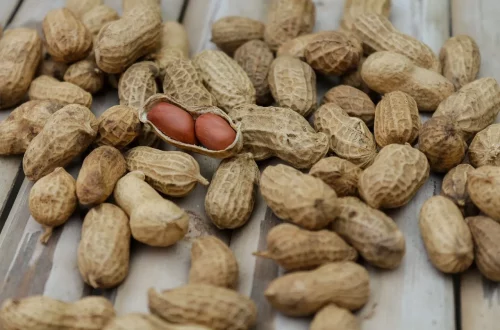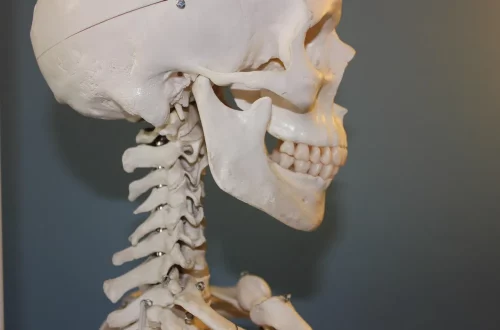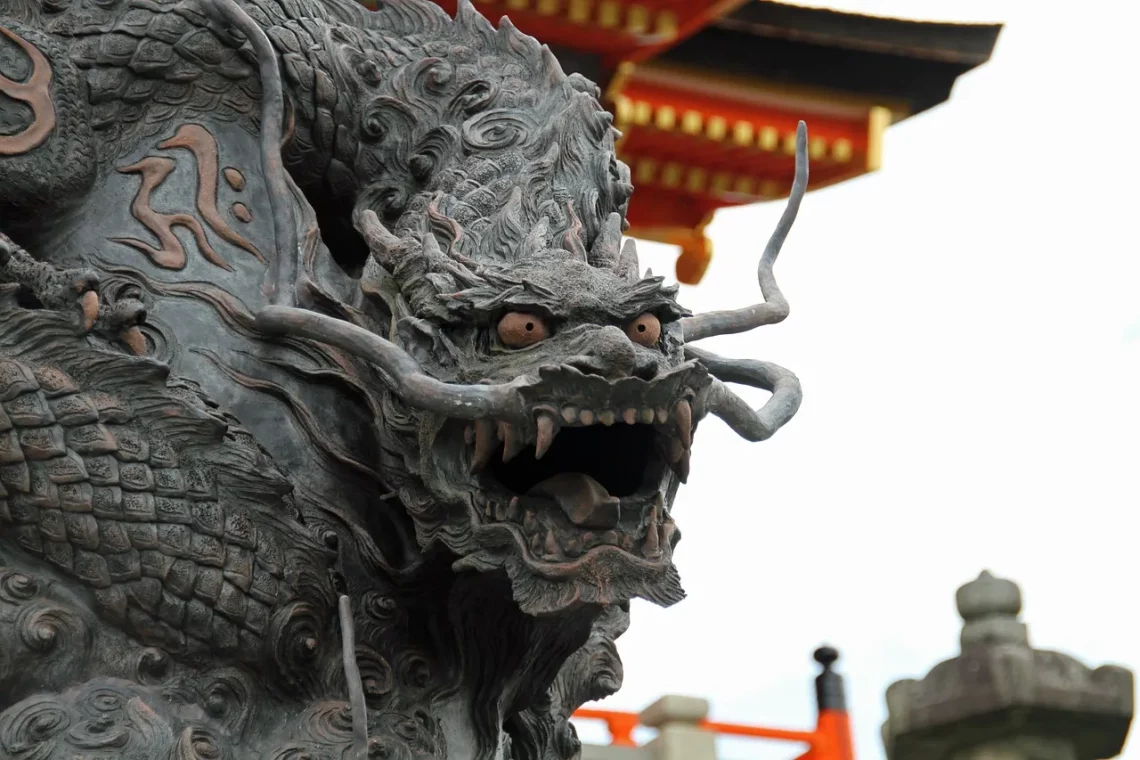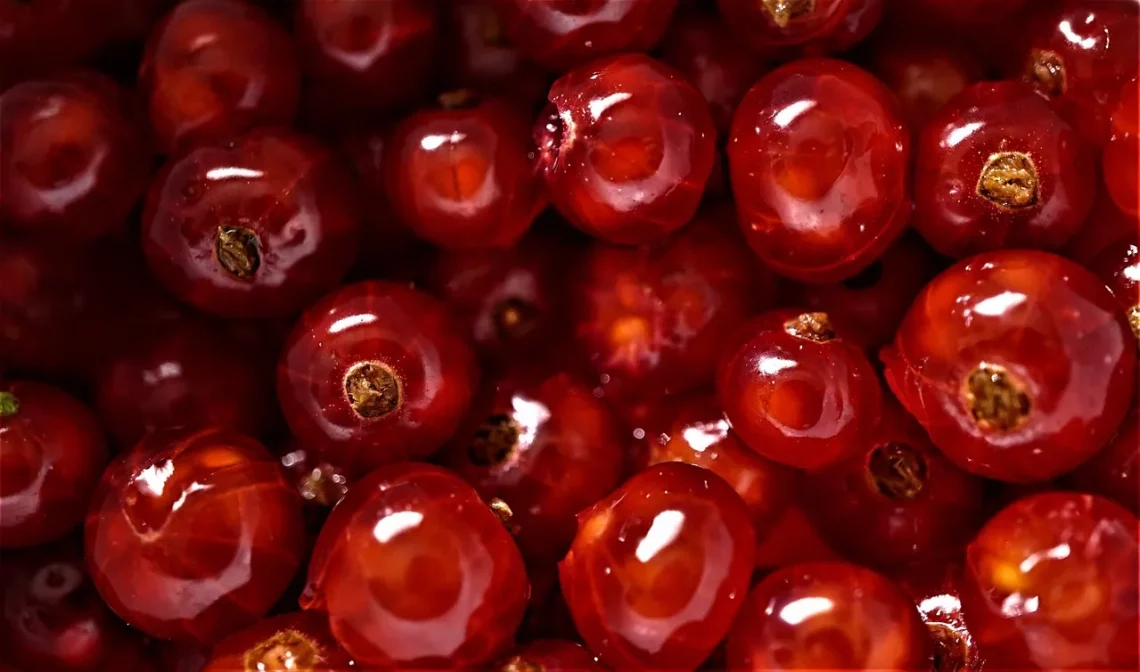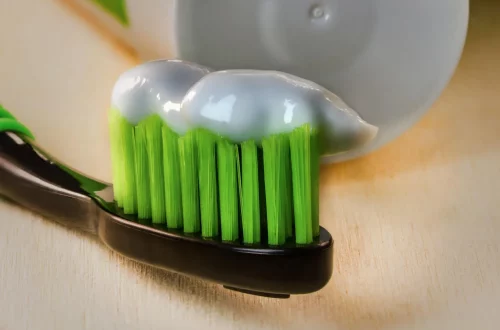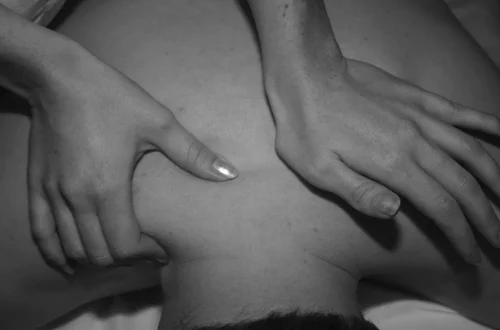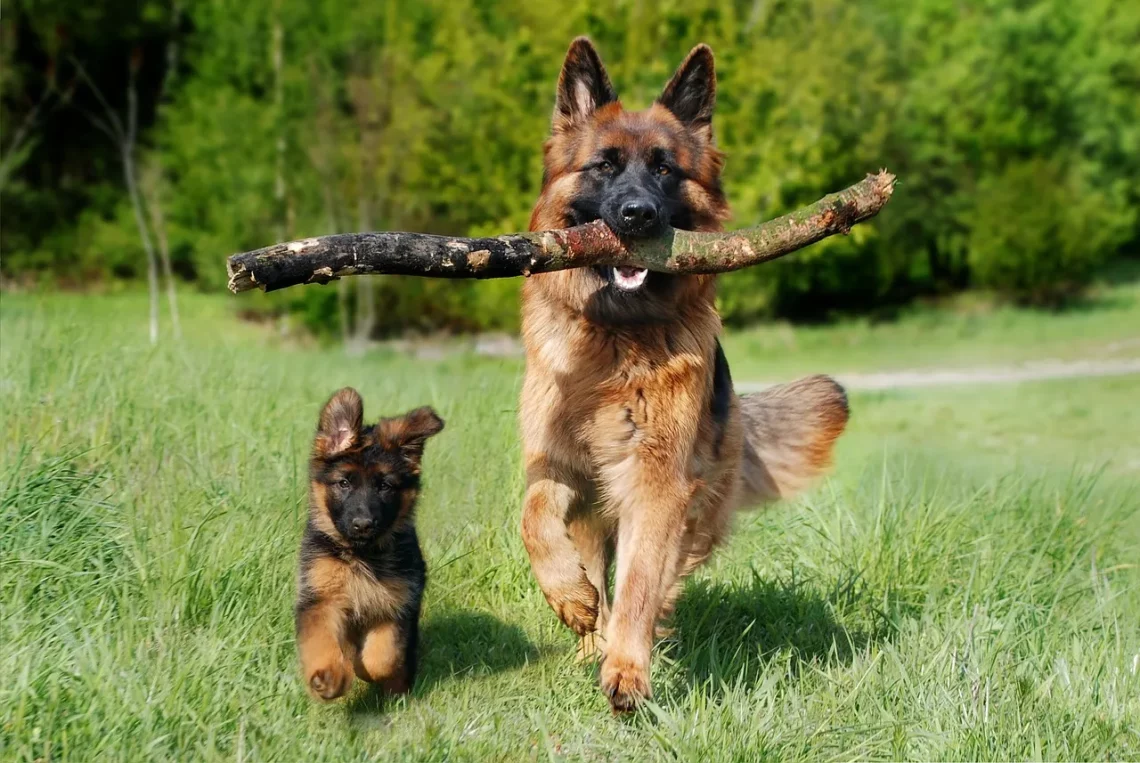-
Understanding Dog Anal Gland Odor and How to Manage It
Dog owners often find themselves navigating a myriad of issues related to their furry companions, from grooming to dietary needs. One lesser-known but significant aspect of dog care involves the management of anal gland odor. While this topic may seem somewhat unpleasant, understanding it is crucial for maintaining your dog’s health and comfort. Anal glands, located near a dog’s rectum, play a role in the animal’s scent-marking behavior. However, when these glands become full, impacted, or infected, they can produce a notoriously foul odor that can permeate your home and leave you puzzled about how to manage the situation. The odor can be alarming for dog owners, but it’s essential…
-
Understanding Dog Anal Gland Odor: Causes and Solutions
Understanding the phenomenon of dog anal gland odor can be perplexing for many pet owners. The odor itself can be quite strong and unpleasant, often leaving dog owners wondering about its origins and how to manage it. Anal glands, located on either side of a dog’s anus, are small sacs that produce a fluid used for marking territory and communication. When these glands function properly, they usually express naturally during bowel movements. However, various factors can lead to issues with the anal glands, resulting in foul odors that may signal an underlying problem. Some dogs may have glands that do not express adequately, while others may experience blockages or infections.…
-
Understanding Why Your Bearded Dragon Won’t Eat: Common Reasons
Bearded dragons are fascinating reptiles that have gained immense popularity as pets due to their unique personalities and relatively easy care requirements. However, as a responsible pet owner, you may encounter situations where your bearded dragon refuses to eat. This behavior can be concerning and puzzling, especially if you are unsure of the underlying reasons. Understanding the factors that can affect your dragon’s appetite is crucial for their well-being and ensures that you provide the best care possible. The reasons behind a bearded dragon’s refusal to eat can vary widely, ranging from environmental factors and stress to health issues. Often, these creatures may simply be experiencing a phase of reduced…
-
Understanding IVDD in French Bulldogs: Symptoms and Care Tips
Understanding Intervertebral Disc Disease (IVDD) in French Bulldogs: Symptoms and Care Tips Intervertebral Disc Disease (IVDD) is a serious condition that affects many dog breeds, particularly those with unique physical characteristics, such as the French Bulldog. This condition involves the degeneration of the discs in the spine, which can lead to severe pain and mobility issues. French Bulldogs, known for their charming personalities and compact builds, are especially prone to spinal problems due to their short backs and heavy bodies. As a responsible pet owner, understanding IVDD is crucial to ensuring the health and well-being of your furry companion. The impact of IVDD can be profound, ranging from mild discomfort…
-
Effective Ear Mite Medicine: Solutions for Your Pet’s Ear Health
Ear mites are tiny parasites that primarily affect pets, particularly cats and dogs. These microscopic creatures thrive in the warm, dark environment of the ear canal, causing irritation and discomfort for your furry friends. Not only can ear mites lead to significant ear health issues, but they can also affect the overall well-being of your pet. Symptoms often include excessive scratching, shaking of the head, and a dark, waxy discharge from the ears, which can be distressing for both pets and their owners. Understanding the nature of ear mites is crucial for pet owners. These parasites are highly contagious, which means that if one pet in your home has them,…
-
Understanding Dog Infections at Spay Incisions: Causes and Solutions
Understanding dog infections at spay incisions is critical for every dog owner to ensure the health and well-being of their furry friends. Spaying is a common surgical procedure that not only prevents unwanted litters but also contributes to the overall health of the dog. However, as with all surgeries, there are risks involved, including the potential for infections at the incision site. Infections can arise due to various factors, such as bacteria entering the body during the procedure, inadequate post-operative care, or even underlying health issues that predispose a dog to infections. Understanding the signs of infection and knowing how to care for the incision site can help mitigate these…
-
Sudden Inability of Dog to Walk on Back Legs: Causes and Solutions
The sudden inability of a dog to walk on its back legs can be a distressing and alarming experience for pet owners. This situation can arise unexpectedly, leading to immediate concern about the well-being of your furry friend. Dogs, known for their boundless energy and playful nature, rely heavily on their mobility to explore their surroundings, engage in play, and maintain their overall health. When they suddenly lose the ability to walk, it can signal a range of underlying issues that need to be addressed promptly. Understanding the factors that may contribute to this sudden change in mobility is crucial for any dog owner. Various conditions, from minor injuries to…
-
Can Cats Drink Coconut Water? What You Need to Know
Coconut water has gained popularity as a refreshing and hydrating beverage for humans, especially in tropical climates. Packed with electrolytes and nutrients, it is often touted for its health benefits. As cat owners seek to provide their pets with varied and interesting diets, they may wonder whether coconut water is safe for their feline friends. While cats have specific dietary needs that differ from humans, the curiosity surrounding what they can and cannot consume is understandable. Cats are obligate carnivores, which means they thrive on a diet primarily made up of meat. Their bodies are not equipped to process many plant-based foods, and what might be safe or healthy for…
-
The Benefits and Considerations of Cropping Great Dane Ears
The Great Dane, known for its imposing size and gentle temperament, has captivated dog lovers around the world. This breed, often referred to as the “gentle giant,” boasts a regal appearance that is accentuated by its unique features, including its ears. Ear cropping, a practice that involves surgically altering the shape of a dog’s ears, has been a topic of heated debate among dog enthusiasts and veterinarians alike. While some owners advocate for the aesthetic benefits of cropped ears, emphasizing a more traditional look that aligns with breed standards, others raise concerns about the ethical implications and potential health risks associated with the procedure. As more pet owners consider ear…
-
Why Is My Dog Biting His Tail and What You Should Know
Dogs are known for their playful and sometimes quirky personalities, but when you notice your dog biting his tail, it can raise concerns. This behavior, while often seen as amusing, can be indicative of underlying issues that need to be addressed. Understanding why dogs engage in this behavior is crucial for any pet owner who wants to ensure their furry friend is healthy and happy. Tail biting can stem from various factors, including boredom, anxiety, or even medical conditions. As a responsible pet owner, it’s important to observe your dog closely and consider the context of the behavior. Is it happening during playtime, or does it seem more like a…



